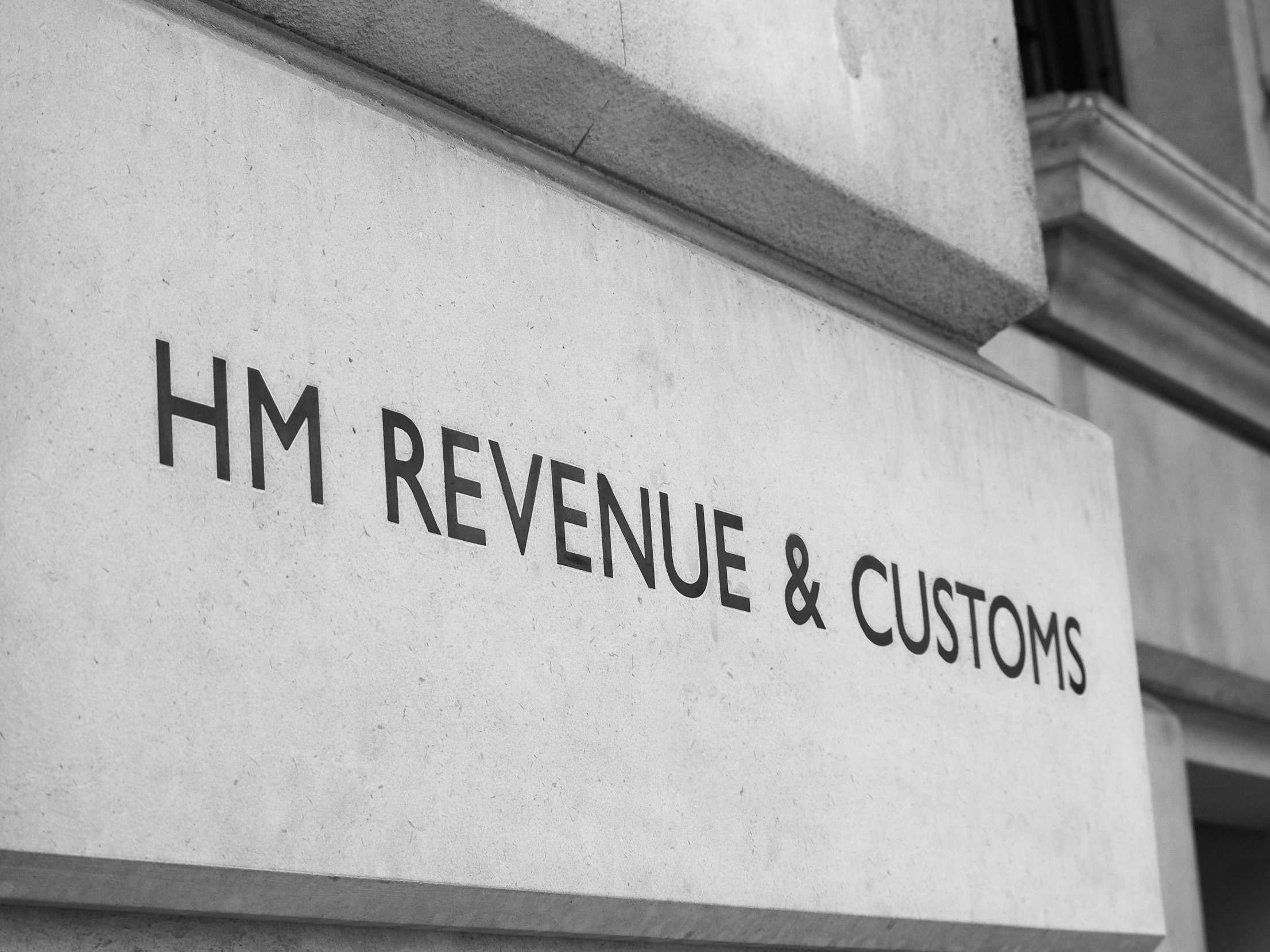–This article was last updated on 8 October 2021-
When it comes to ensuring that businesses are complying with tax rules, HMRC take no prisoners. In 2015 alone, a crackdown on VAT rules earned the government an extra £468 million in tax (according to UHY Hacker Young).
Unlike large organisations, many SMEs lack rules and processes, therefore the risk of an HMRC fine is substantial and could significantly affect profitability. Many SMEs fear claiming VAT on company expenses incorrectly and therefore don’t claim all that is owed to them.

Getting VAT Reclamation Right
Typically, the company can reclaim any VAT paid on goods or services that were purchased for company use.
Where purchases are made for both company and personal use, you are only able to reclaim the company share of the VAT, for example, if half of an employee’s mobile calls are personal use, 50% of the VAT can be reclaimed.
For all purchases to be claimed, it’s essential to have VAT invoices.
To remain HMRC compliant you can’t reclaim VAT for:
• goods or services that are 100% for personal use
• entertainment costs
• goods or services purchased from other EU countries
• assets that are moved to the company as a going concern
There are particular rules regarding the reclaim of VAT for goods and services that cost £50,000 or more before VAT. You can find out more at https://www.gov.uk.
Being Audit Ready
HMRC conduct audits for SMEs every three years and in over 99% of cases, they find at least one inconsistency. The consequences could be a fine, or, HMRC requesting that more checks and processes are put in place. Here are our tips for making sure your company expenses are HMRC compliant.
1) Make sure you have a clear process which is enforced
Be very clear with your employees exactly what they can claim and what they can’t, and also what the limits are. Make sure that this is easily accessible at all times and that the company actually enforces the rules.
2) Make sure you collect the correct documentation
Make sure your employees can evidence what they’ve spent and why it is a company expense. Receipts, invoices, and travel confirmations are some examples of the proof you need.
3) Controls and processes
This one can be tricky as although HMRC state that companies must carry out checks on every claim, they don’t state exactly what these should look like. As a minimum, you should consider checking that VAT information is clearly shown on every receipt you expect to reclaim and that each claim can be confirmed as a legitimate company expense.
4) Collect all VAT receipts
It is vital that you collect and keep all VAT receipts as you need these to demonstrate that the VAT being reclaimed was a legitimate company expense that took place. An online system which allows receipt scanning can help with this.
5) Consider an online system
To make your expense management as easy and HMRC compliant as possible, consider using an online expense system which generates digital receipts and makes policy enforcement much more efficient.



